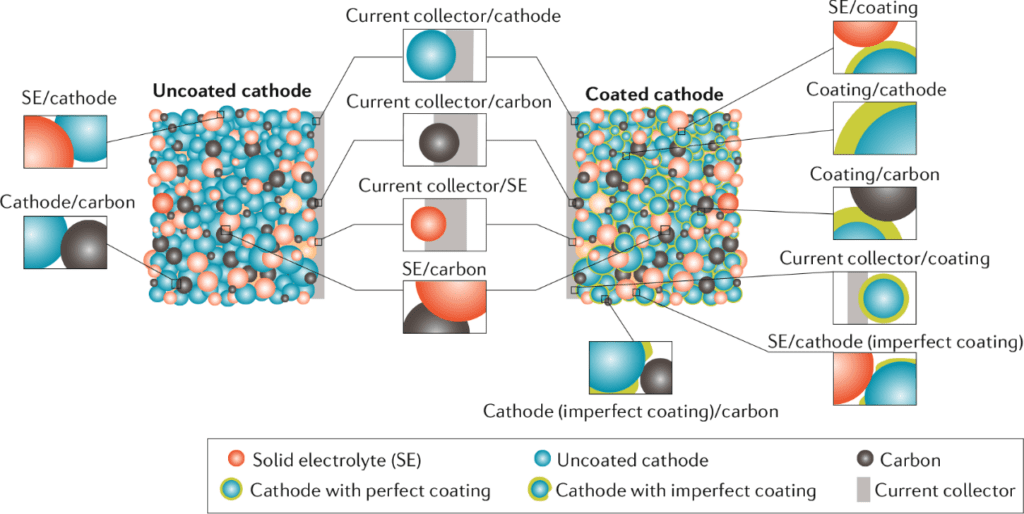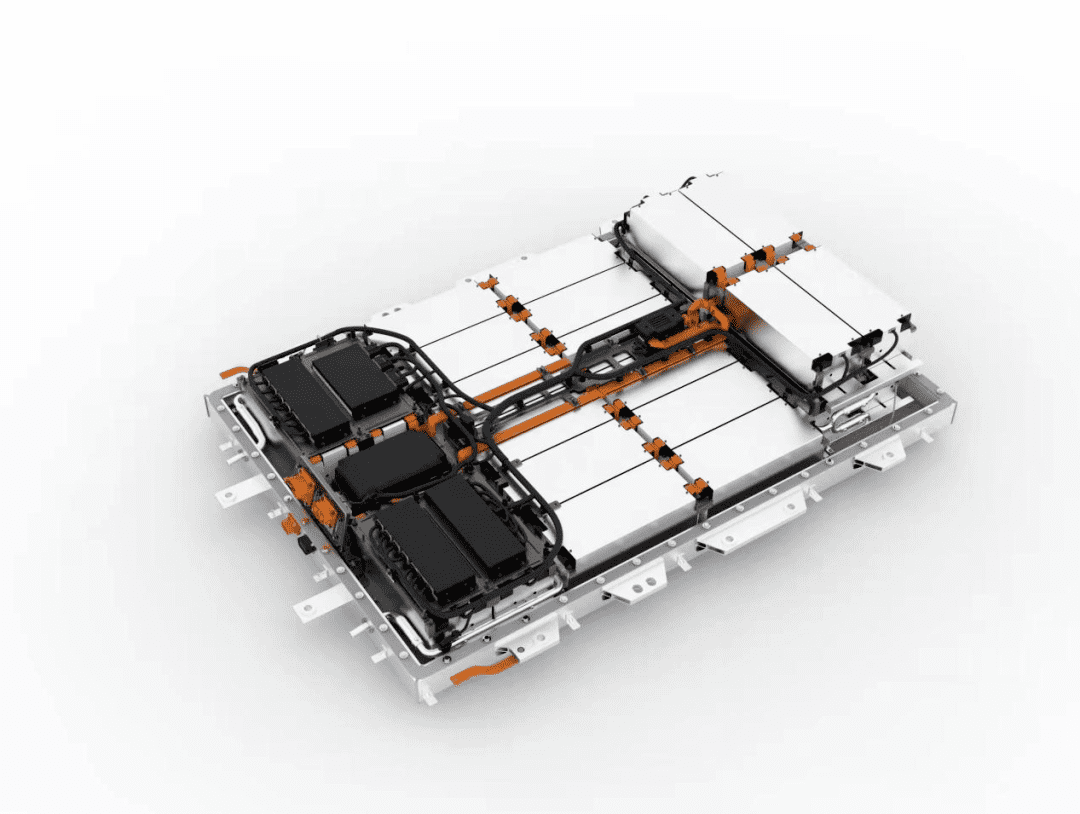Solid-state batteries (SSBs) represent a transformative technology poised to revolutionize electric vehicles (EVs). By utilizing solid electrolytes instead of liquid ones, these batteries promise improved safety, higher energy density, and longer lifespans, positioning them as a key player in the future of sustainable transportation.
What Are Solid-State Batteries and How Do They Work?
Solid-state batteries are energy storage devices that use solid electrolytes to facilitate ion movement between electrodes. This design enhances battery efficiency and safety by eliminating the risks associated with liquid electrolytes, such as leaks and thermal runaway. The solid electrolyte allows for more compact battery designs with higher energy density.
Why Are Solid-State Batteries Important for the Future of Electric Vehicles?
The importance of solid-state batteries for electric vehicles lies in their potential to address critical limitations of current battery technologies. As the demand for EVs continues to grow, manufacturers are seeking solutions that enhance performance, safety, and sustainability. SSBs can provide longer ranges, faster charging times, and improved safety features that are essential for consumer acceptance.
What Advantages Do Solid-State Batteries Offer Over Traditional Lithium-Ion Batteries?
Solid-state batteries offer several advantages compared to traditional lithium-ion batteries:
| Advantage | Solid-State Batteries | Traditional Lithium-Ion Batteries |
|---|---|---|
| Energy Density | Higher | Lower |
| Safety | More secure | Risk of leaks and fires |
| Lifespan | Longer | Shorter |
| Charging Speed | Faster | Slower |
This table highlights how solid-state batteries can enhance performance and safety metrics crucial for electric vehicles.
How Will Solid-State Batteries Enhance Electric Vehicle Performance?
The integration of solid-state batteries into electric vehicles is expected to significantly enhance performance:
- Increased Range: Higher energy density allows for longer distances on a single charge.
- Faster Charging: SSBs can support quicker charging times, reducing downtime for users.
- Improved Reliability: Enhanced safety features lead to greater consumer confidence in EV technology.
What Challenges Must Be Overcome for Widespread Adoption of Solid-State Batteries?
Despite their advantages, several challenges hinder the widespread adoption of solid-state batteries:
- Manufacturing Complexity: Producing solid electrolytes at scale is technically challenging.
- Cost: Initial production costs are higher than those of conventional lithium-ion batteries.
- Material Sourcing: Finding suitable materials for solid electrolytes can be difficult.
How Are Automakers and Researchers Advancing Solid-State Battery Technology?
Many automakers and research institutions are investing heavily in solid-state battery technology. Companies like Toyota, BMW, and Volkswagen are collaborating with battery manufacturers to develop SSBs for upcoming electric models. Research efforts focus on overcoming technical challenges related to production scalability and cost reduction.
What Is the Future Outlook for Solid-State Batteries in the Automotive Industry?
The future outlook for solid-state batteries is promising as advancements continue in materials science and engineering. With ongoing research addressing existing challenges, SSBs are expected to become commercially viable within the next few years. This shift will likely revolutionize the electric vehicle market, leading to safer, more efficient energy storage solutions.Industrial News
Recent developments indicate that solid-state battery technology is gaining traction among major automotive manufacturers. Companies are ramping up research efforts to overcome technical challenges associated with production scalability and cost reduction. As these advancements continue, solid-state batteries are expected to play a pivotal role in the next generation of electric vehicles.Redway Expert Insights
“Solid-state batteries have the potential to redefine energy storage in electric vehicles,” states Dr. Min-Jae Lee, an expert in battery technology. “Their enhanced safety and efficiency could significantly improve how we harness energy for sustainable transportation.”
FAQ
What are solid-state batteries?
Solid-state batteries use a solid electrolyte instead of liquid ones found in traditional lithium-ion batteries, offering higher energy density and improved safety.Why are solid-state batteries important for electric vehicles?
They address limitations of traditional battery technologies by enhancing performance metrics such as range, charging speed, and safety.What challenges do manufacturers face with solid-state batteries?
Challenges include manufacturing complexity, higher initial costs compared to traditional batteries, and material sourcing issues.




